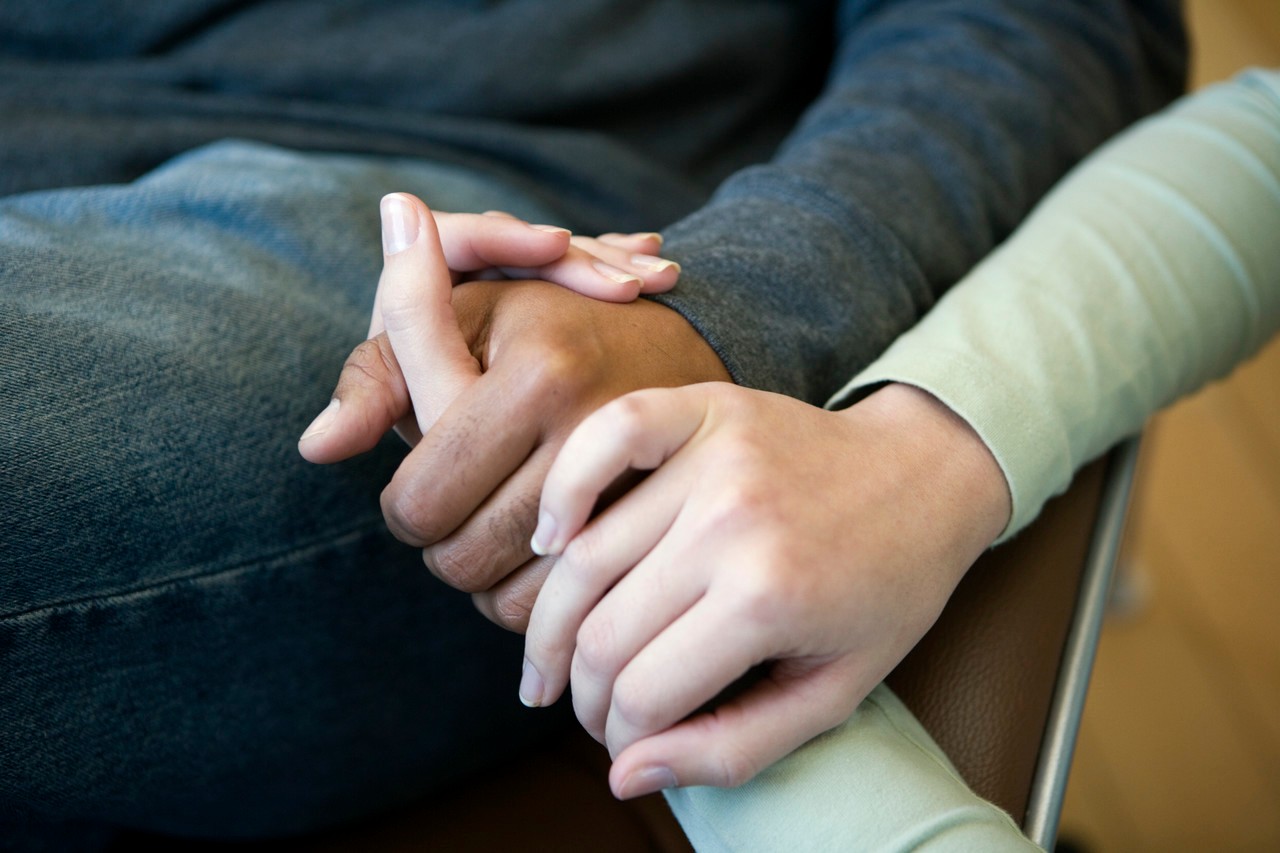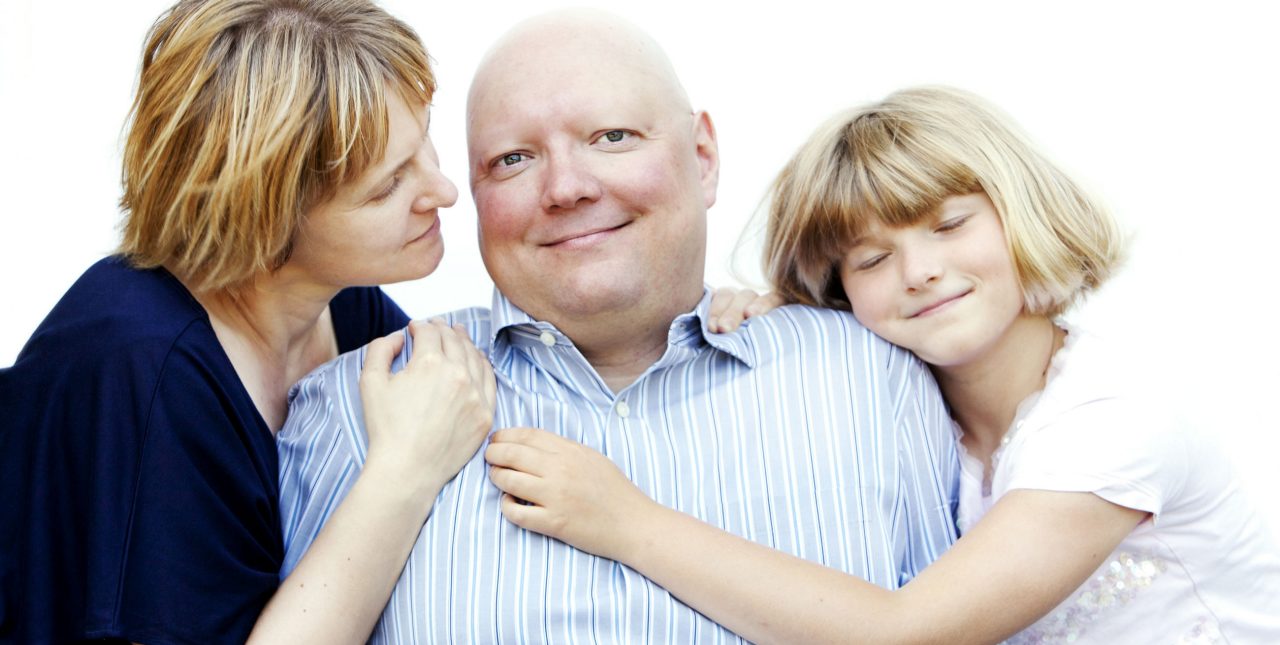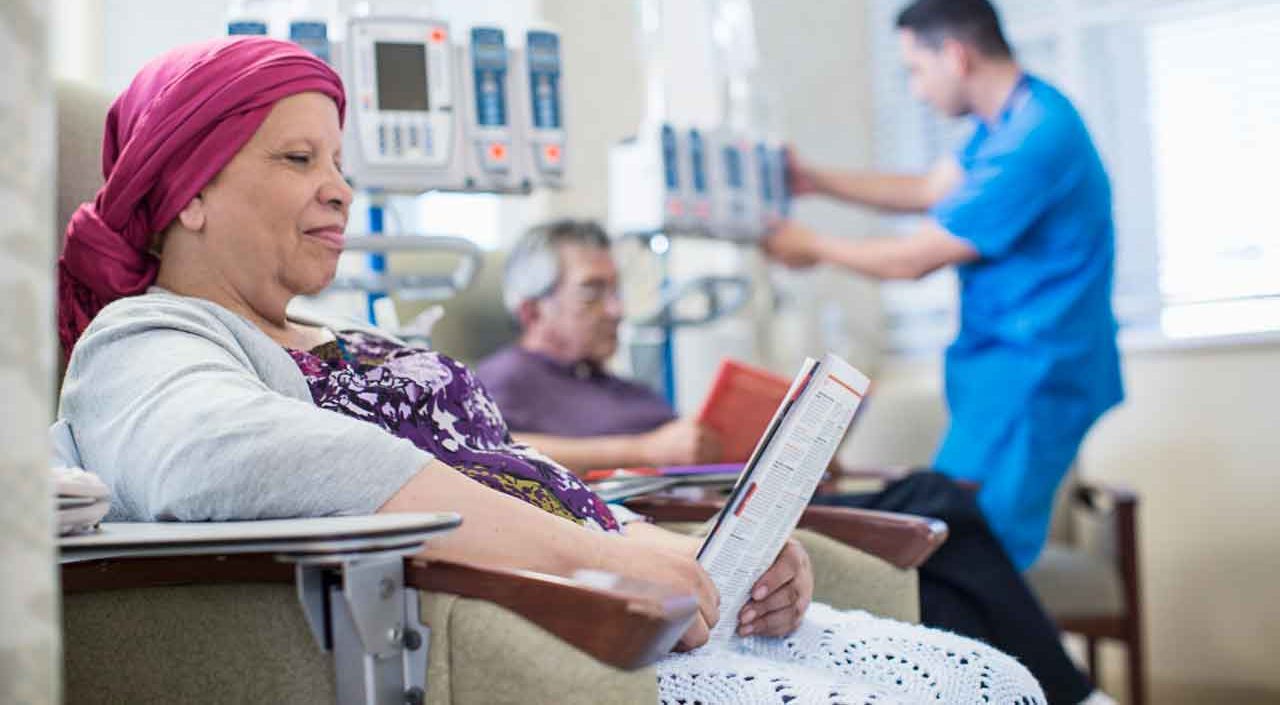
Caring for a Loved One with Alzheimer’s
Alzheimer's disease is scary, but you don’t need to care for your loved one alone. Here's what should know if you're caring for a loved one with Alzheimer's.

When caring for a child with leukemia, you’ll need to explain procedures, keep her involved in distracting activities, and hide your fear or anger.

A bedridden person needs support for their back and joints, can develop bed sores, and may need help with hygiene. Their comfort and dignity are important.

Millions of Americans are caregivers — often unpaid spouses or other family members, friends, or even neighbors — providing assistance and care to those in need.

Be open to direct conversation, and show your husband that you're not angry or humiliated by changes in your sex life together. Here's what you need to know.

There is no easy way to take care of someone. Learn everything you can about taking care of a loved one to keep the process from becoming overwhelming.

Stay on your toes if you're caring for someone with a brain injury. Changes in their behavior, speech, sensation, and movement may appear months or even years after their injury.

It can often seem close to impossible to find help for a child with mental illness. But it's possible with persistence and getting the right support team.

Imagine the state of mind of people who have lost the use of part of their bodies. Focus on what you can do, appreciate what you have, and believe that the future can be better.

If you're caring for someone with lung cancer, learn all you can. Knowledge builds confidence, but be sure to avoid information overload. Here's what you should know.

When illness strikes, it really does take a village to manage your health. Here's how to create a community of caregivers when you’re an outpatient.